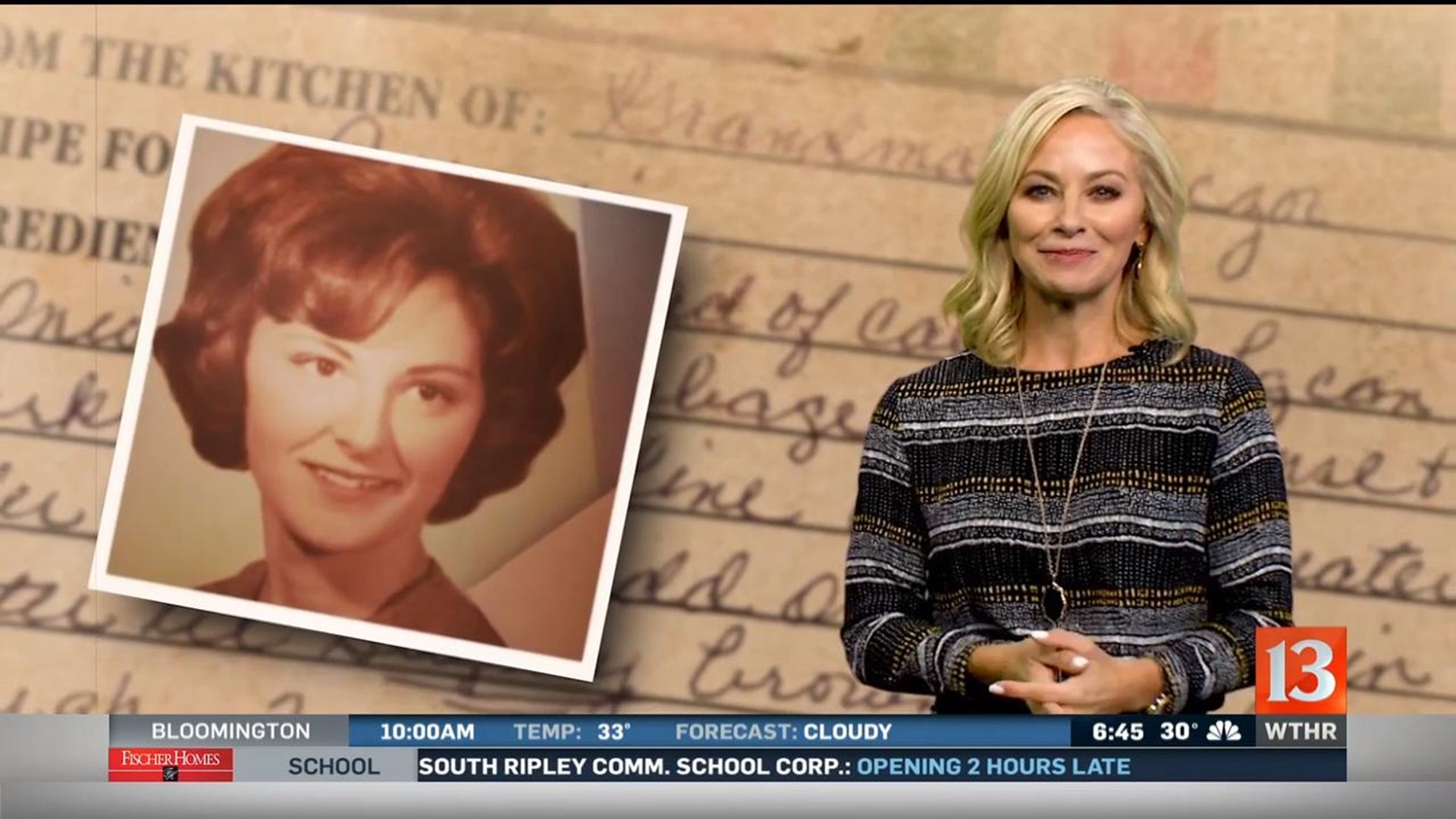"Do you know where you come from? No. I mean how you got here, and where you REALLY came from? I thought I did, until I saw my Genealogy results. Now, I will admit there is a lot I don't understand in the report, and may never get the answers to. But it was a great jumping off point to start asking my family members more questions about our family tree.
My ancestry composition says that I am 46.7% British and Irish.
16.9% Eastern European, specifically Polish.
All things I learned from my parents growing up. Some surprises, .3% Western Asia and North African and .3% Congolese, even .2% Scandinavian. But these ancestry lines also date back to the 1700's and beyond. So it's likely even my parents are not familiar with this part of our family history.
What I've learned from the 23 and Me website:
"If every person living today could trace his or her maternal line back over thousands of generations, all of our lines would meet at a single woman who lived in eastern Africa between 150,000 and 200,000 years ago. Though she was one of perhaps thousands of women alive at the time, only the diverse branches of her haplogroup have survived to today. The story of your maternal line begins with her."
For my Polish heritage, I traced my great-great-grandparents. Michael and Roseanne Lenski immigrated to the U.S. from Poland with their infant son Joe on board a boat.
I think about what that voyage must have been like for the young parents. The frightening thought of not knowing what they would find in the U.S., and speaking no English.
They settled in a small community in Detroit, Michigan with many other Polish immigrants.
They had a daughter in the U.S., Wanda who joined her older brother Joe.
She met and married another Polish immigrant, John Kaczor. The two would become my great-grandparents.
I've seen my grandma Kaczor's wedding picture, she was beautiful and so full of life.
She was always happy when we would visit. I always remember the swing in their backyard when we would go visit.
My mother, Roseanne was named after her great-grandmother. My mom has told me many stories about my great-grandparents and her great-grandparents. First, they were very proud to be Americans. My great-grandmother did not like to be called a Polish-American. She was, she would say, an American and she did not like anyone talking bad about her country. She also taught herself to speak English, which is amazing since she was raised by parents who only spoke Polish. My great-grandmother only had a third grade education, working in a factory all of her life. Her older brother Joe, was also very proud to be an American, although a mistake by his parents when they came into the country, nearly divided his family. When Joe was 19 years old, he tried to join the U.S. Military to fight in World War II. But when he tried to enlist, he found his parents didn't register him correctly when they entered the country, and he was still considered a Polish citizen. Determined to fight the Germans, he traveled to his homeland, and joined the Polish army and fought in the war. My mom says he was so upset with his parents, he didn't speak to them for years.
I also learned that this big, beautiful wooden cabinet in my mom's kitchen, that I have opened a hundred times, came over on the ship with my great-great-grandparents when they immigrated from Poland. How amazing is that?
This beautiful connection to another time and place has been there all along? I am sure at one point my mom explained where it was from, but I was so young I couldn't connect to that story until now, as an adult, and mother myself.
It's stories like these, that make me grateful I did this project. Talking to my mom, and learning of the hardships my ancestors endured, just to gain better lives for future generations, like mine, and my children." - Julia Moffitt

